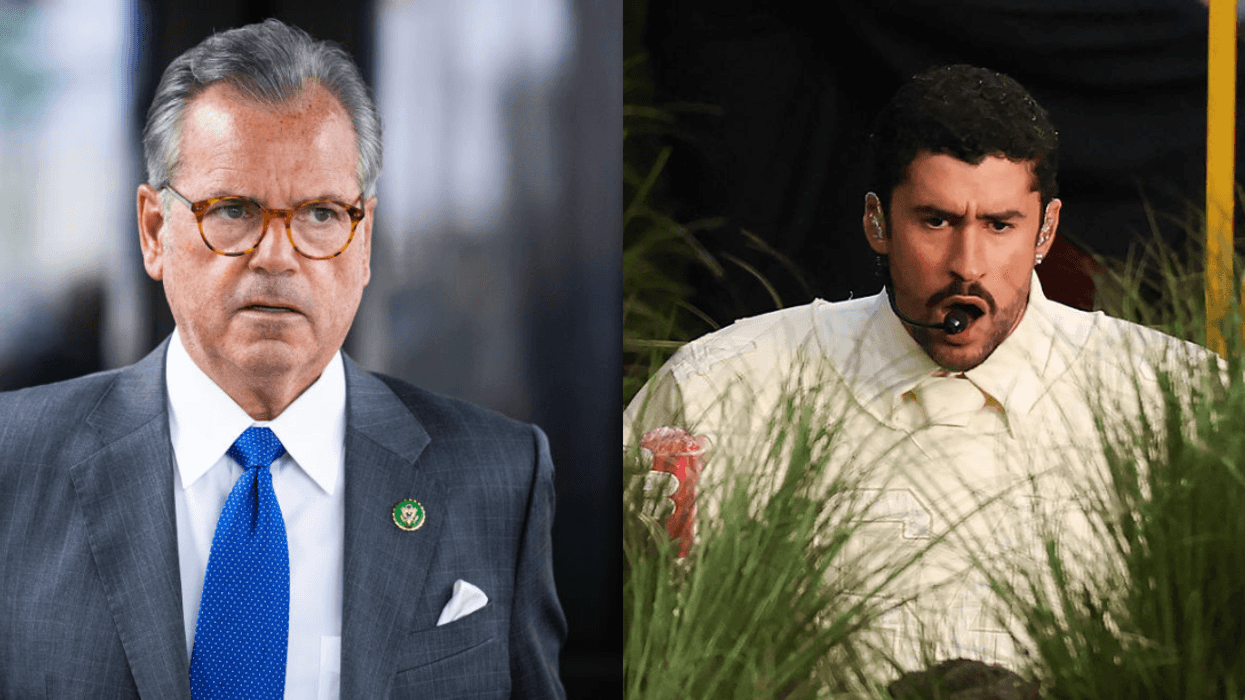The news of the FBI search of former Republican President Donald Trump's Mar-a-Lago residence has been practically all anyone can talk about all week.
And it only became more dramatic when it was revealed the FBI was specifically seeking documents about nuclear weapons—which would constitute an act that was not only existentially dangerous for the world but also treasonous.
Amid the uproar, presidential historian Michael Beschloss took to Twitter to remind us that there is a historical precedent for stealing classified documents about nuclear weapons—and it ended with a pretty dramatic turn of events.
Beschloss tweeted about the infamous case of Julius and Ethel Rosenberg, a New York City couple who were convicted and executed for espionage in 1953 after they shared classified information about American nuclear weapons and other munitions technology to Soviet Russia in the 1940s.
Julius Rosenberg had been an Army engineer privy to top secret developments of missile, communications and other technologies, and was recruited to spy for Soviet Russia in 1942.
When his handler learned Ethel Rosenberg's brother David Greenglass worked on the Manhattan Project, the U.S.'s project that developed nuclear weapons, she was brought into the scheme as well to recruit her brother.
The Rosenbergs subsequently recruited others who worked on similar military projects, and the group's espionage led to the Soviets developing their own nuclear weapons with a speed that shocked the American government at the time.
The scheme fell apart in 1950 when a German scientist involved was found out, touching off a domino effect of members of the plot informing on each other to the FBI, eventually leading them to the Rosenbergs.
The prosecuting attorney in their case, Roy Cohn, went on to represent Senator Joseph McCarthy in his 1950s crusade against those he accused, frequently with manufactured evidence, of being Communists sympathetic to America's enemies, destroying the accuseds' lives and getting them blacklisted from Hollywood and politics.
And in a fitting bit of "small world" coincidence, Roy Cohn went on to represent Donald Trump during his early career.
Obviously the Rosenberg case has layers of relevance to the current drama surrounding Trump. But it has angered conservatives, who have seized upon the tweet with accusations that Beschloss is advocating for Trump's execution.
It's far more likely Beschloss meant only to underline the gravity of the crimes Trump may have committed, a message that resonated with many others on Twitter.
Trump's close relationship with Russia and his son-in-law's cozy ties to Saudi Arabia have led to widespread speculation that the potential presence of nuclear documents in Trump's trove might be part of a similar sale of state secrets to an adversary.
Time will tell, but whatever Trump's trove turn out to contain, it seems likely we're in for quite a ride.

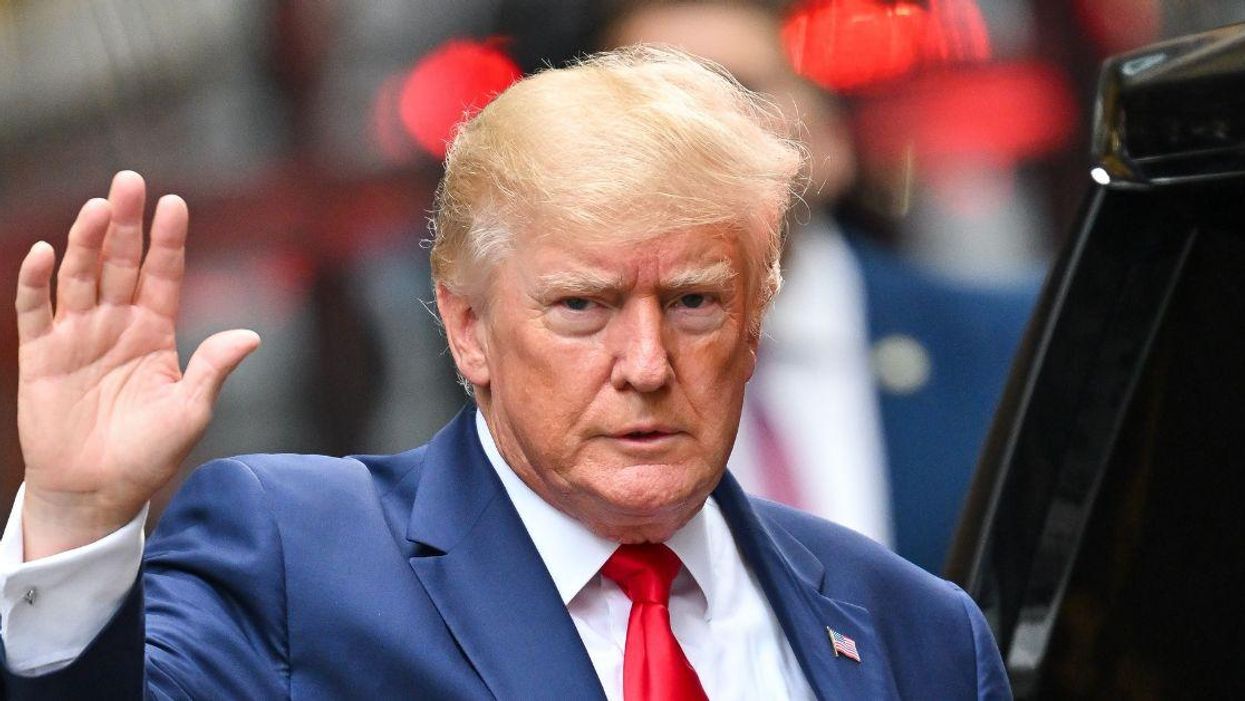



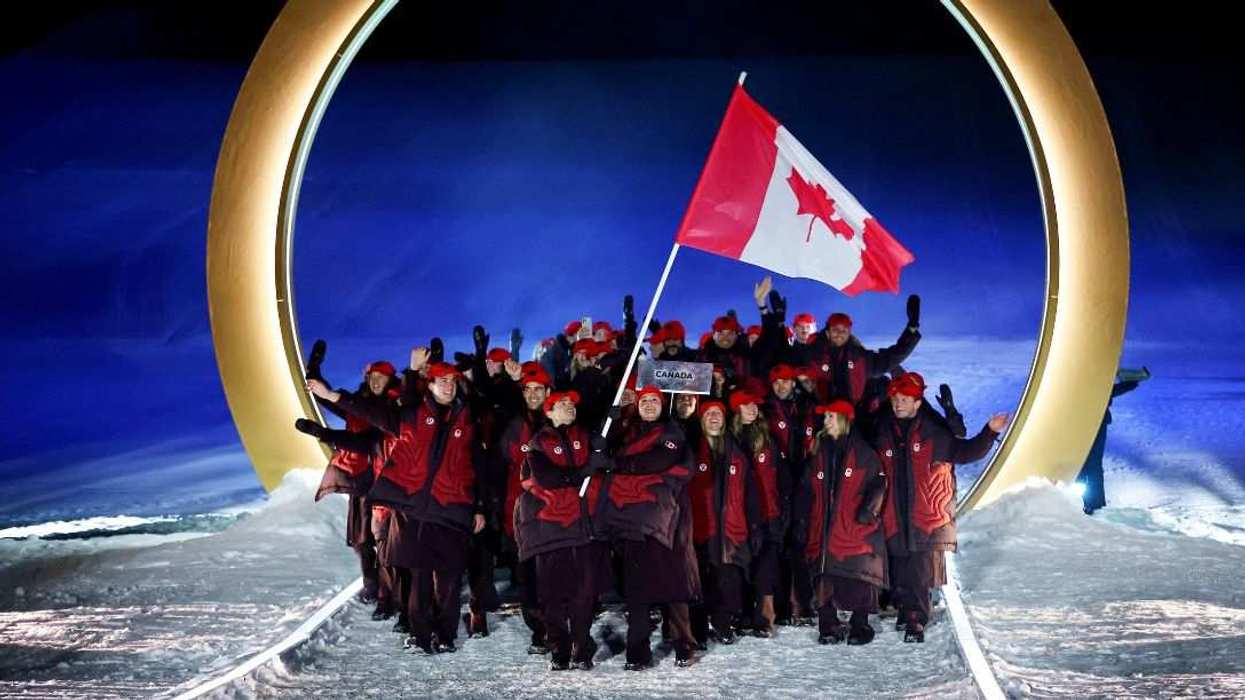


 @jennifer.garner/Instagram
@jennifer.garner/Instagram @jennifer.garner/Instagram
@jennifer.garner/Instagram @jennifer.garner/Instagram
@jennifer.garner/Instagram @jennifer.garner/Instagram
@jennifer.garner/Instagram @jennifer.garner/Instagram
@jennifer.garner/Instagram @jennifer.garner/Instagram
@jennifer.garner/Instagram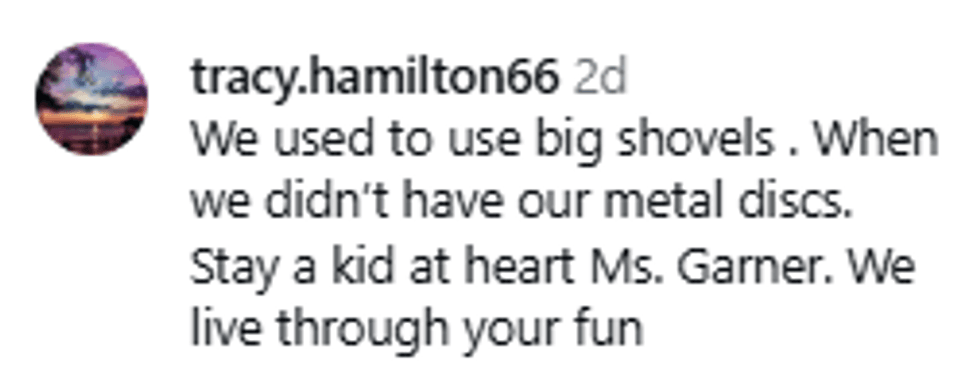 @jennifer.garner/Instagram
@jennifer.garner/Instagram @jennifer.garner/Instagram
@jennifer.garner/Instagram @jennifer.garner/Instagram
@jennifer.garner/Instagram @jennifer.garner/Instagram
@jennifer.garner/Instagram @jennifer.garner/Instagram
@jennifer.garner/Instagram @jennifer.garner/Instagram
@jennifer.garner/Instagram @jennifer.garner/Instagram
@jennifer.garner/Instagram @jennifer.garner/Instagram
@jennifer.garner/Instagram @jennifer.garner/Instagram
@jennifer.garner/Instagram @jennifer.garner/Instagram
@jennifer.garner/Instagram @jennifer.garner/Instagram
@jennifer.garner/Instagram @jennifer.garner/Instagram
@jennifer.garner/Instagram @jennifer.garner/Instagram
@jennifer.garner/Instagram @jennifer.garner/Instagram
@jennifer.garner/Instagram





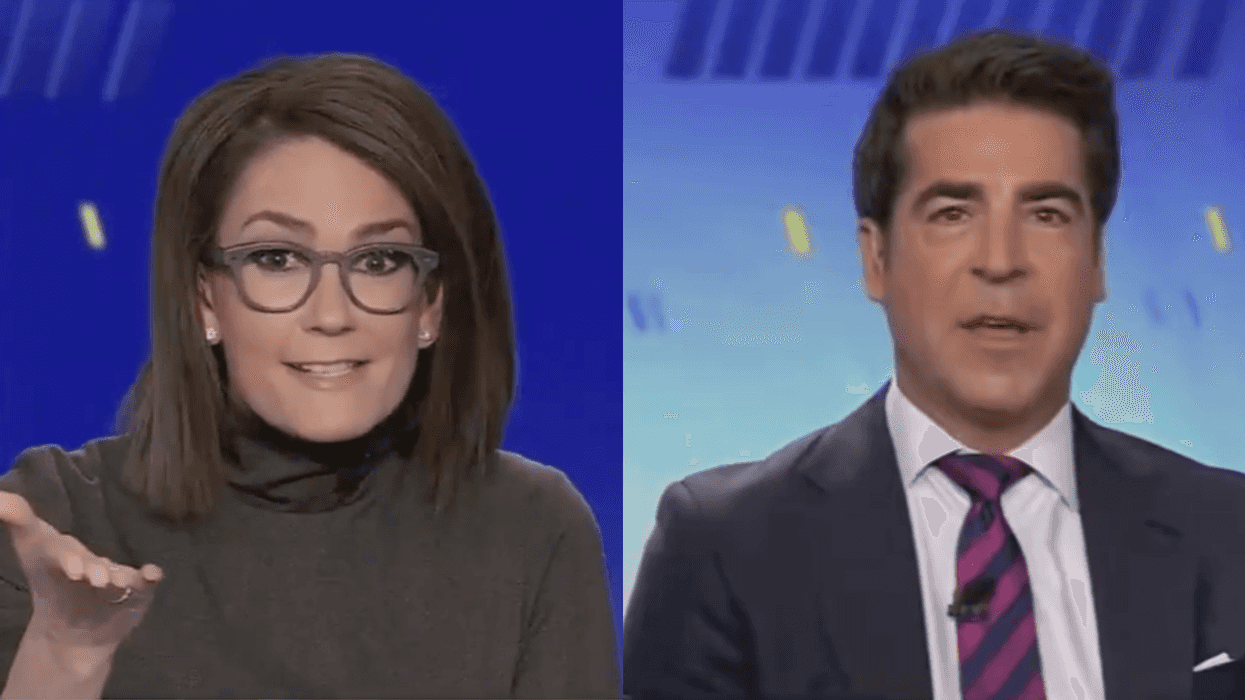

 @ameliaknisely/X
@ameliaknisely/X WDTV 5 News/Facebook
WDTV 5 News/Facebook r/WestVirginia/Reddit
r/WestVirginia/Reddit WDTV 5 News/Facebook
WDTV 5 News/Facebook r/WestVirginia/Reddit
r/WestVirginia/Reddit r/WestVirginia/Reddit
r/WestVirginia/Reddit WDTV 5 News/Facebook
WDTV 5 News/Facebook r/WestVirginia/Reddit
r/WestVirginia/Reddit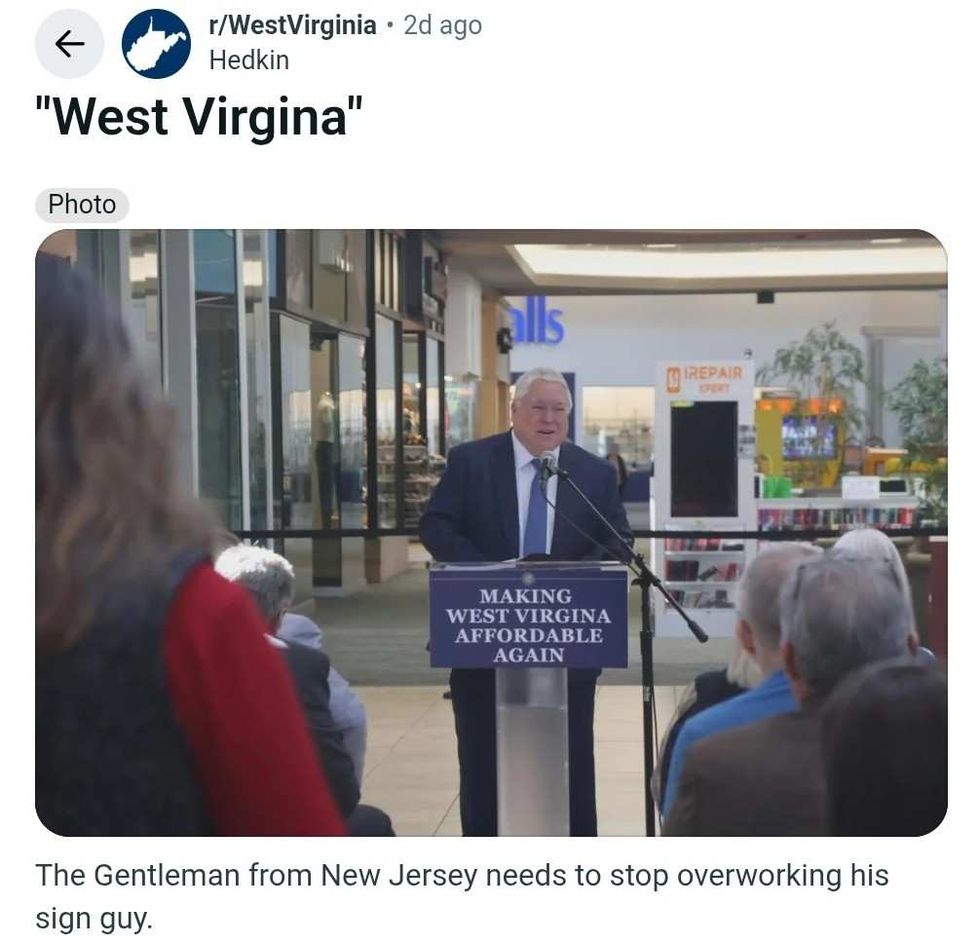 r/WestVirginia/Reddit
r/WestVirginia/Reddit WDTV 5 News/Facebook
WDTV 5 News/Facebook WDTV 5 News/Facebook
WDTV 5 News/Facebook